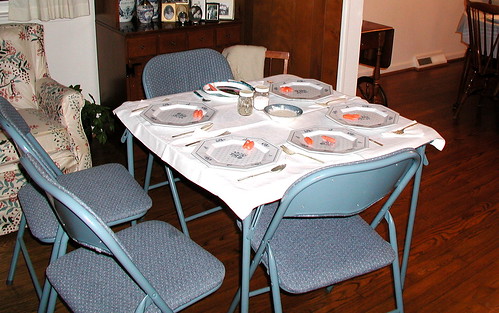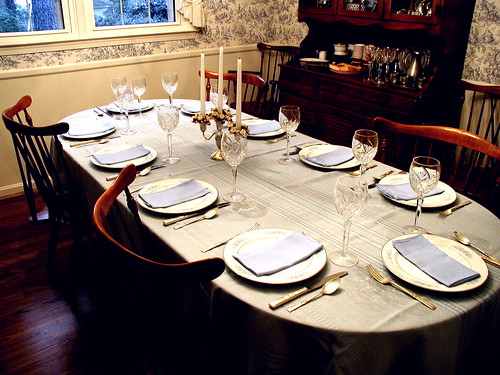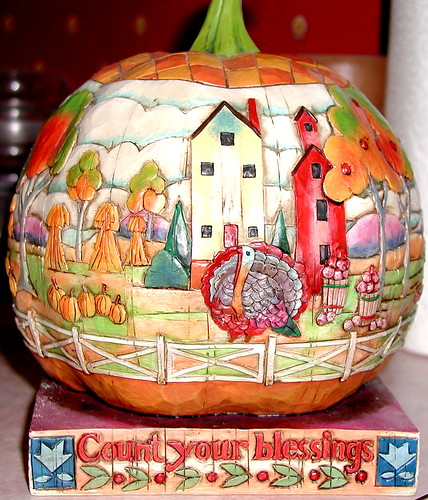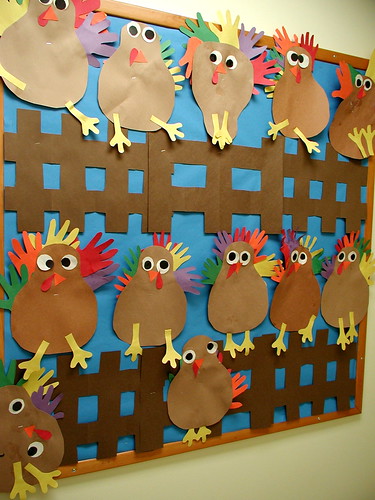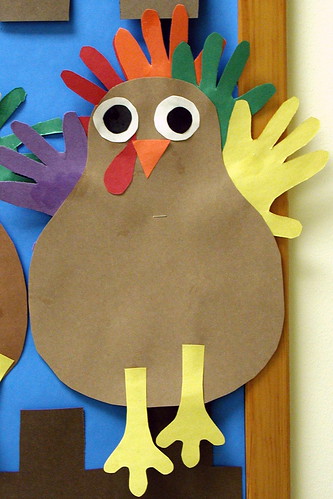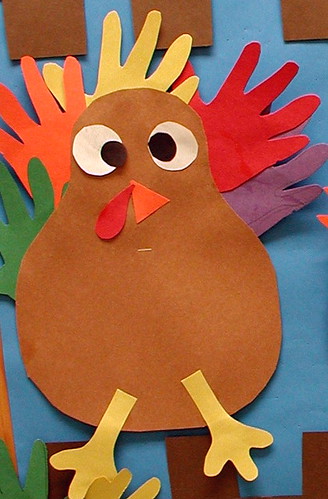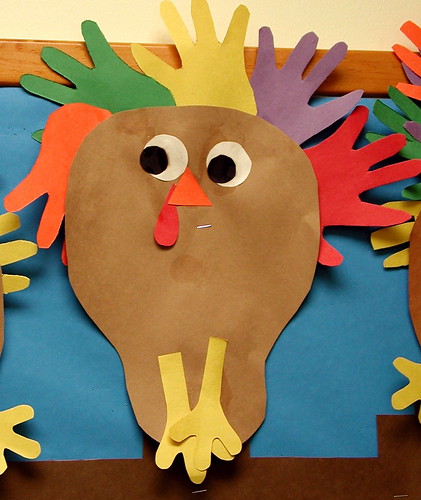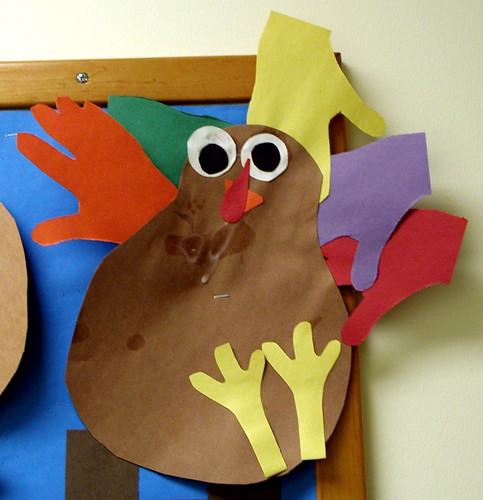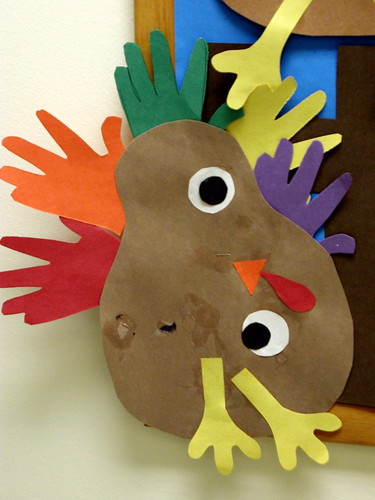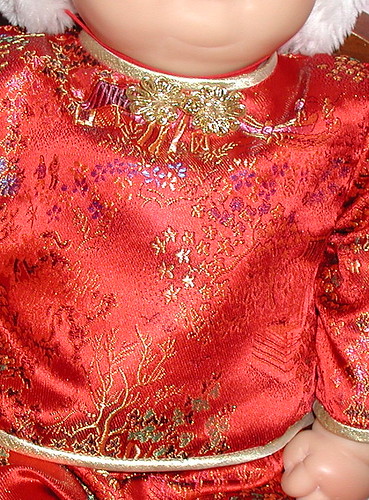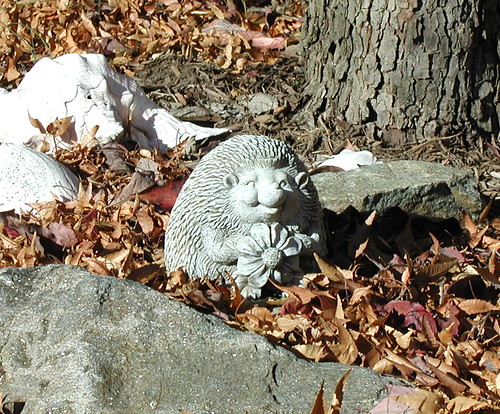
This past Sunday, my church observed All Saints' Day as we always do. The names are read of loved ones who have died during the past year, and a little something nice is said about each person, and a little bell is rung. If you know the person whose name is read, if that person touched your life in some way, you stand up when their name is spoken, then you sit back down when the bell is rung, and on it goes, down the list. I had many thoughts while I sat there for that service, which is often simultaneously beautiful, moving, discomfitting, distressing. I realized that I had not realized, that I have not gone to a funeral in the past year.
There is sometimes some awkwardness in the service. Like when I sort of knew the person, but didn't know them well, didn't socialize, didn't chat . . . I don't want to disrespect their memory by not standing -- by saying, "that person didn't touch my life" -- because I truly believe that we all are touching one another's lives, whether we ever speak or not. At the same time, I didn't want to stand and claim entitlement to compassion for grief that, rightly or wrongly, I wasn't truly feeling. I know they were dear people; I just didn't know them. I stood for one man-- Andy. I'm not sure, but I may have been the only person who stood for him. He was not a member of the church, he was designated as a "friend" of the church. He was an alcoholic, although he would tell you he was "a drunk." He had many, many years of recovery. Some years ago, when he worked in a treatment facility, he was helpful and encouraging to someone I love who was in that facility. That was his identity to me -- the person who helped someone I love. Whenever I'd see Andy, which wasn't often, I would stop just to ask, "How're you doing?" Well, last year, he wasn't doing well. He went from recovering alcoholic to drunk, again, and he killed himself. And I hated that a lot. So I stood up for Andy, but not for anyone else; I know there were some nice ladies, some beloved church members, some people for whom almost everyone else in the church stood. But I would have felt disingenuous and maybe even a little guilty if I had joined everyone in standing, because some of them, I could have known better if I'd put out the effort. And I should have.
I tell you all that to tell you that I don't pop up and down at that service, thinking, "Oh, I knew that person!" I put thought into my standing -- many would say too much thought. Then the pastor added a name to the end of the list. She gave a little disclaimer, "this person was not a member of the congregation, but..." and she read the name of Rosa Parks. And I put not one fraction of a second's thought into what to do. I nearly sprang up. I don't know how many other people stood. I know everyone didn't. And I was almost immediately aware that there would be those who would judge me -- "She didn't stand for Louise, or for Maggie, who served her food, and sang for her in the choir, but she stood for a woman she never met." Yes, I did.
I told Jif later, I've been standing for Rosa Parks every chance I got since I first heard of her when I was in about third grade. She has been one of my personal heroes, ever since I can remember. What Mrs. Parks did, when she refused to give up her seat -- dear God, it's incalculable the ripples that went out from that beautiful woman keeping her bottom planted on that bus seat. I 'm not qualified to expound on the magnitude of Mrs. Parks' impact on the Civil Rights Movement. There are books written on that alone.
I just feel compelled to share what her action, or her inaction, said to me. She showed me the power of a woman saying no. And if I may be so presumptuous as to amplify, to explain what I heard in her "no," I heard,
"No, I won't follow rules that are immoral or unreasonable."
"No, I won't sacrifice myself to serve a belief system that I don't believe in."
"No, I won't stand when you say stand, or move when you say move; I will be the one who decides when and where I move. I will be in charge of me."
And most importantly to me, I heard, in her "no,"
"You may continue to mistreat me, but I will no longer cooperate with you. You may continue to abuse me -- I can't control what you do -- but I can control what I do, and I will no longer participate in your abuse of me. If you do it now, you're doing it without my cooperation."
And forgive me, Mrs. Parks, but I heard you say, "Rosa don't play that no more."
In spite of what some of my readers have assumed, I'm not a black woman. But I am a woman. And I know that there's some woman who will read this, and who needs to say to someone -- a lover, a boss, a religion, someone -- I will not be complicit in your mistreatment of me. No more.
You all know I love me some Neville Brothers. They wrote a song:
Sister Rosa Parks
December 1, 1955, our freedom movement came alive.
And because of Sister Rosa you know, we don’t ride on the back of the bus no more.
Sister Rosa Parks was tired one day
after a hard day on her job.
And all she wanted was a well-deserved rest,
not a scene from an angry mob.
A bus driver said, "Lady, you got to get up
cuz a white person wants that seat."
But Miss Rosa said, "No, not no more.
I’m gonna sit right here and rest my feet."
Chorus
Thank you, Miss Rosa, you were the spark,
Started our freedom movement
Thank you, Sister Rosa Parks.
Thank you, Miss Rosa you are the spark,
Started our freedom movement
Thank you, Sister Rosa Parks.
Now, the police came without fail
And took Sister Rosa off to jail.
Fourteen dollars was her fine,
Brother Martin Luther King
knew it was our time.
The people of Montgomery sat down to talk
It was decided all God's children should walk
Until segregation was brought to its knees
And we obtained freedom and equality, yeah
Chorus
Thank you, Miss Rosa, you were the spark,
Started our freedom movement
Thank you, Sister Rosa Parks.
We’ll sing it again
Thank you, Miss Rosa, you were the spark,
Started our freedom movement
Thank you, Sister Rosa Parks.
So we dedicate this song to thee
for being the symbol of our dignity.
Thank you, Sister Rosa Parks.
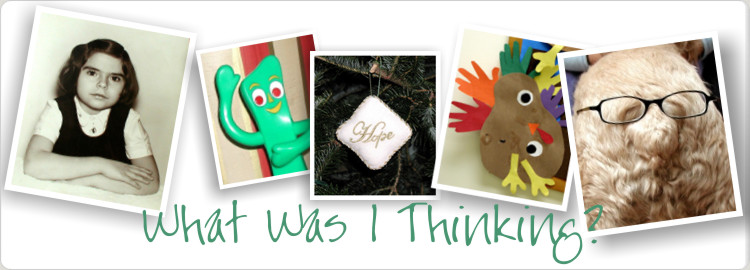


 Name: Susie
Name: Susie




















